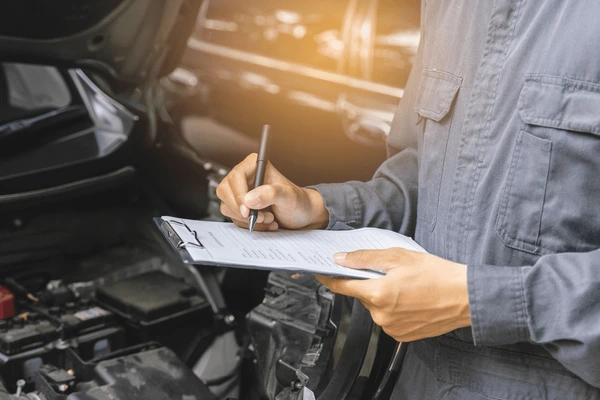Car recalls are essential for ensuring vehicle safety and performance. They address defects that may compromise a car’s functionality, safety, or compliance with regulatory standards. Staying informed about recalls is critical to protecting yourself, your passengers, and others on the road. This article provides a comprehensive guide on how to stay updated on car recalls and fixes, ensuring your vehicle remains in optimal condition.
Understanding Car Recalls
A car recall occurs when a manufacturer or regulatory authority identifies a defect that poses a safety risk or violates regulations. These defects can range from minor issues like faulty seatbelt mechanisms to severe problems such as brake failures or engine malfunctions. Manufacturers are legally obligated to notify affected owners and provide free repairs, replacements, or refunds.
Common Causes of Car Recalls
- Mechanical Defects: Issues with brakes, engines, or transmissions.
- Electrical Problems: Malfunctions in wiring, batteries, or software.
- Structural Issues: Defects in airbags, seatbelts, or vehicle frames.
- Regulatory Non-Compliance: Failure to meet emissions or safety standards.
Why Staying Updated on Car Recalls is Crucial
Ignoring recall notices can lead to severe consequences, including accidents, injuries, or costly repairs. Addressing recalls promptly ensures your car’s safety and functionality. Moreover, manufacturers typically provide recall-related services at no cost, so there’s no financial reason to delay.
How to Stay Updated on Car Recalls
-
Check Using Your Vehicle Identification Number (VIN)
Your car’s VIN is a unique identifier that provides detailed information about its history and specifications. Manufacturers and regulatory agencies use VINs to pinpoint affected vehicles during recalls.
Steps to Check Your VIN:
- Locate the VIN on your car’s dashboard, driver’s side door frame, or vehicle registration documents.
- Visit the National Highway Traffic Safety Administration (NHTSA) website or your manufacturer’s recall lookup tool.
- Enter your VIN to access recall information specific to your vehicle.
-
Sign Up for Alerts
Many manufacturers and organizations offer recall alert services. By signing up, you can receive notifications via email or text about recalls affecting your car.
Recommended Platforms:
- NHTSA’s Recall Notification Program
- Manufacturer websites (e.g., Ford, Toyota, Tesla)
- Automotive apps that provide real-time recall updates
-
Monitor Automotive News
Staying informed through reputable automotive news outlets can help you learn about widespread recalls. Platforms like Car and Driver, MotorTrend, and Autoblog regularly report on major recalls and safety issues.
-
Visit Dealerships Regularly
Authorized dealerships are often the first to receive recall information from manufacturers. Regular maintenance visits provide an opportunity for service technicians to check for unresolved recalls on your vehicle.
-
Use Mobile Apps
Several apps are designed to keep vehicle owners informed about recalls. Apps like Carfax Car Care and myCARFAX allow you to track your vehicle’s service history and receive recall notifications.
What to Do If Your Car is Recalled
-
Contact Your Dealership
Once you learn about a recall, contact your dealership to confirm if your car is affected. Most manufacturers handle recalls through authorized dealerships.
-
Schedule Repairs
Dealerships will provide free repairs or replacements for recalled components. Schedule an appointment as soon as possible to avoid long wait times.
-
Follow Manufacturer Instructions
In some cases, manufacturers may issue temporary guidelines for safe driving until repairs are completed. Follow these instructions to minimize risks.
-
Document Repairs
Keep records of all recall-related repairs for future reference. This documentation may be useful for resale or warranty claims.
Tips for Ensuring Vehicle Safety
- Regular Inspections: Routine maintenance can help identify potential issues before they lead to recalls.
- Stay Proactive: Don’t wait for a notification; periodically check for recalls related to your vehicle.
- Educate Yourself: Understand the risks associated with specific recalls to prioritize urgent fixes.
Conclusion
Staying updated on car recalls and fixes is essential for maintaining safety and reliability. By leveraging tools like VIN lookup services, alert systems, and mobile apps, you can stay informed about potential issues affecting your vehicle. Acting promptly on recall notifications ensures your car remains roadworthy and safe, giving you peace of mind while driving.






